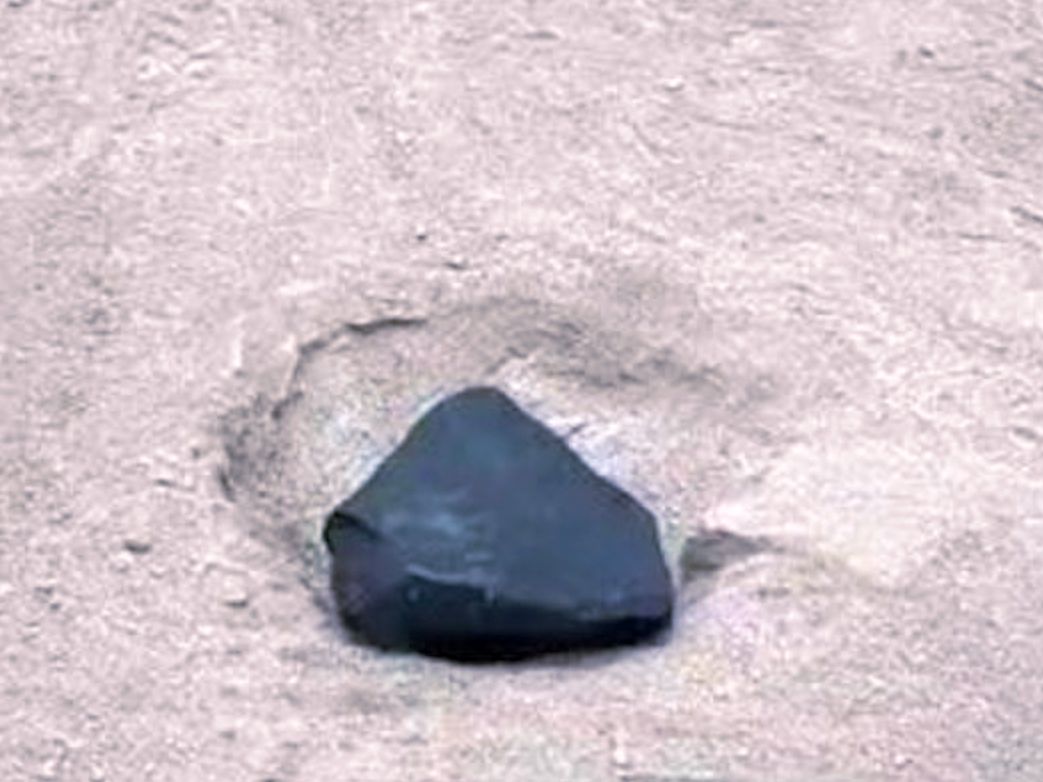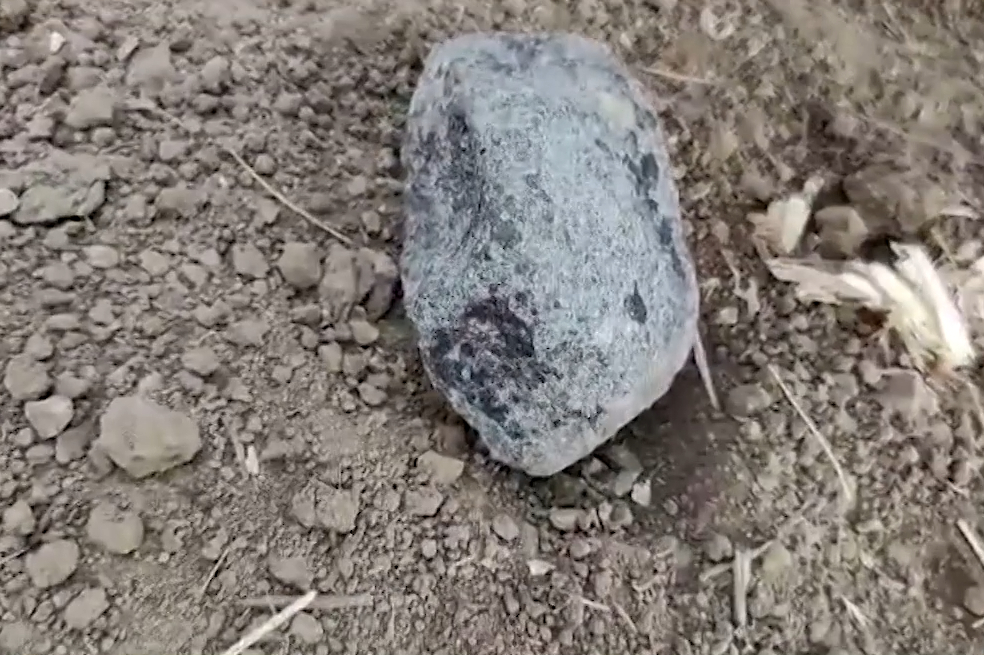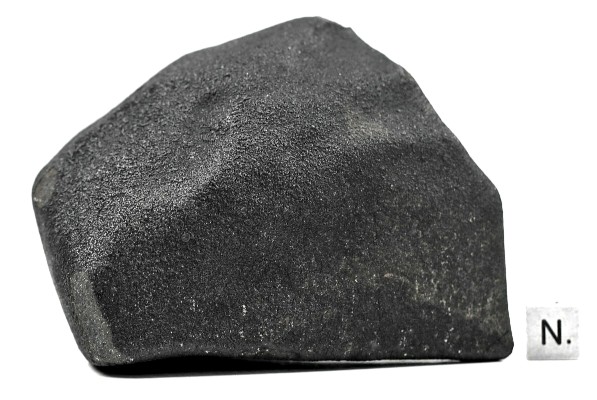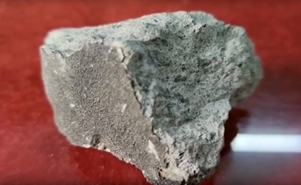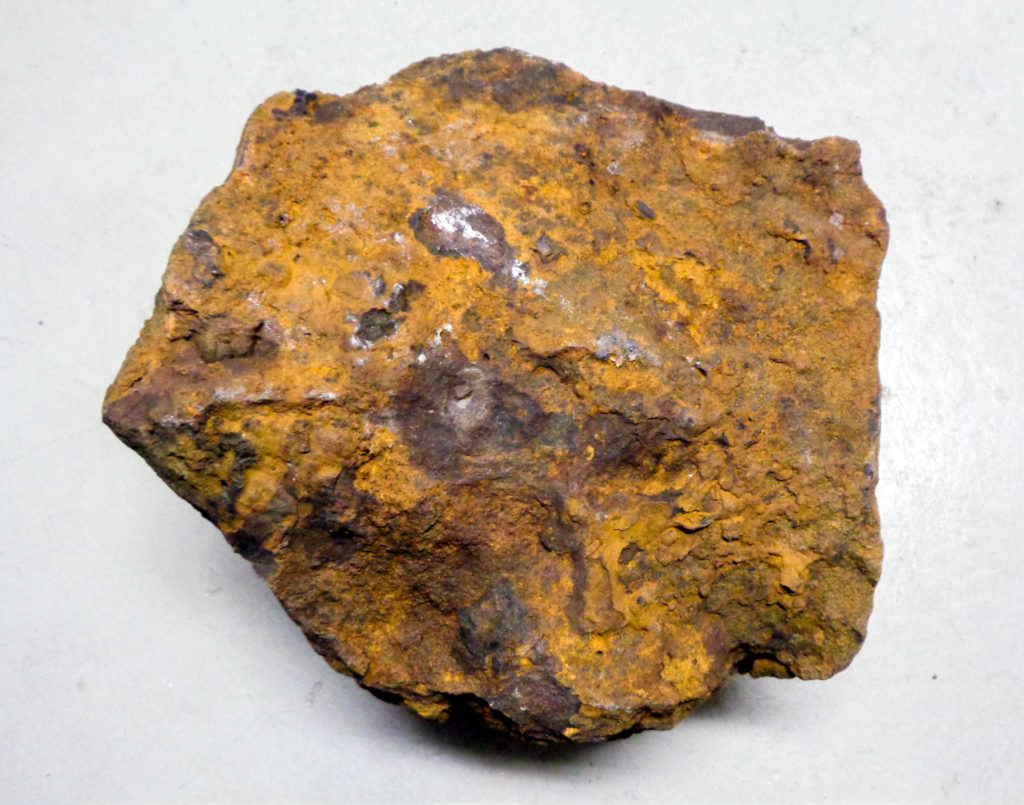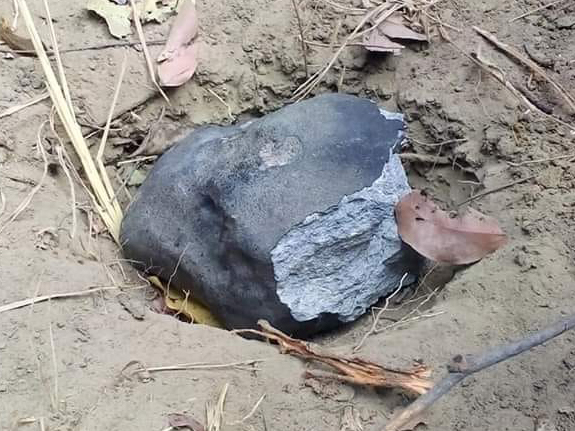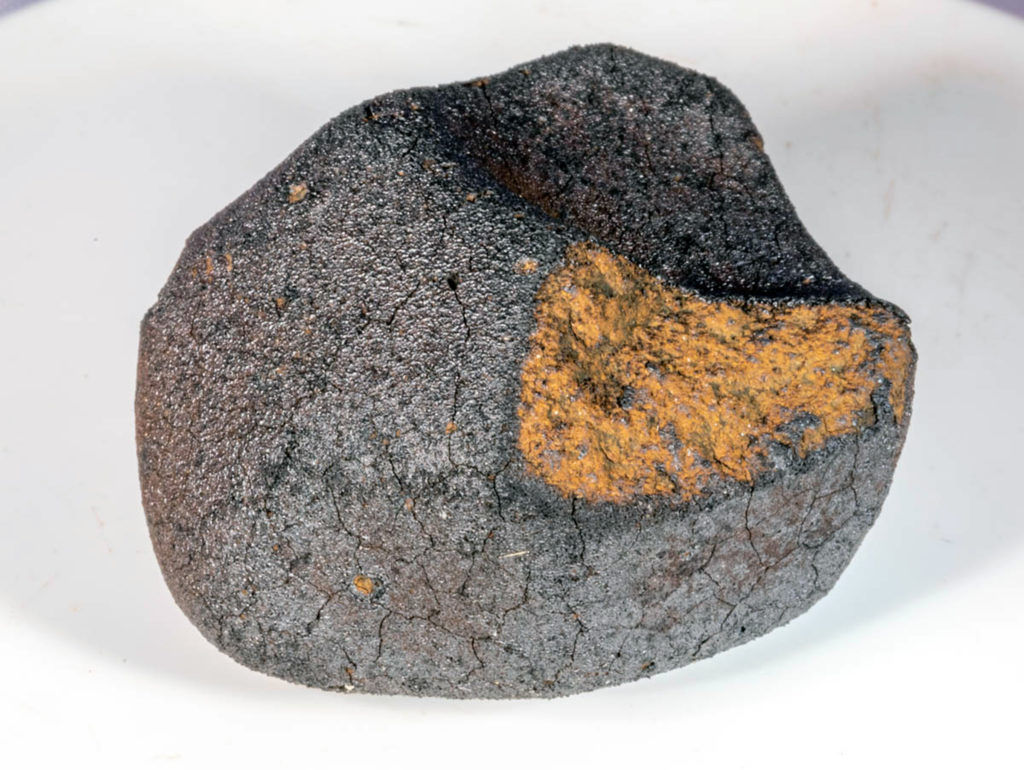Asuka 12236, the Most Pristine CM Chondrite to Date
L. R. Nittler, C. M. O’D. Alexander, D. Foustoukos, A. Patzer, M. J. Verdier-Paoletti
51st Lunar and Planetary Science Conference (2020), Abstract #2276
“Carbonaceous chondrites accreted in the protoplanetary disk and provide a record of the earliest planet-formation processes. It is desirable to identify meteorites with the least amount of parent-body modification (e.g., aqueous alteration, thermal metamorphism) as these provide a largely unmodified sample of presolar and nebular materials. The most abundant CCs, the CMs, show a wide range of parent-body modification, but all have been altered to some extent. Moreover, with the impending return of samples from asteroids Ryugu and Bennu by the Hayabusa2 and OSIRIS-REx spacecraft, respectively, CMs have come under increasing scrutiny, since spectroscopic evidence suggests both bodies may be related to this class of meteorites. Kimura et al. [1] recently reported evidence that three Antarctic CMs may be even more pristine than the Paris meteorite, heretofore considered the least-altered CM [2]. We report a multi-technique study of one of these, Asuka (A) 12236, that confirms that this is indeed a highly primitive meteorite.”

